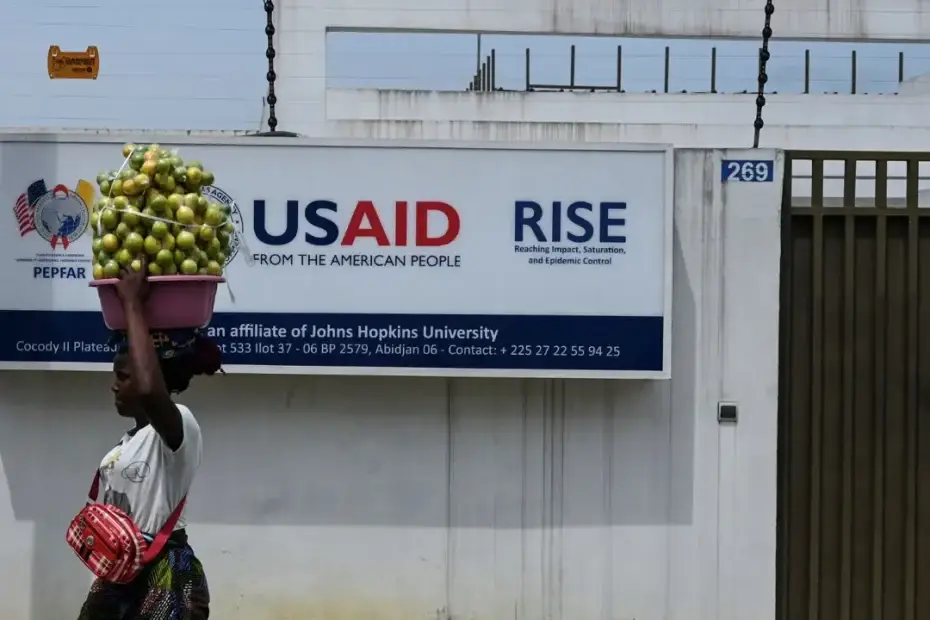The abrupt withdrawal of US health funding under President Donald Trump’s administration is dismantling health systems across Africa, leaving millions vulnerable as diseases like malaria, cholera, and mpox surge.
In Nigeria’s Borno state — which accounts for a third of global malaria deaths — dozens of clinics have closed, leaving unemployed nurses like Musa Adamu Ibrahim and Fatima Kunduli watching helplessly as patients go untreated. “There are no more free drugs or mosquito nets,” said Ibrahim.
The cuts stem from the shutdown of USAID and related programmes, disrupting services built through decades of collaboration between local governments, nonprofits, and American agencies. Particularly hard hit are malaria interventions during the rainy season, with supply chains fraying across Mali, refugee camps in Kenya facing drug shortages, and treatment facilities in South Sudan closing mid-outbreak.
In the DRC, government clinics in nine provinces relied on US-funded malaria drugs and tests. That support has now evaporated, with aid workers “scrambling” to identify and respond to emerging gaps.
The crisis extends beyond malaria. Cholera treatment is being scaled back in South Sudan, where children are dying en route to distant clinics. In Kinshasa, mpox patients may soon lose free care as funding dries up.
Future threats loom, too: Washington is considering cutting contributions to Gavi, the global vaccine alliance. “This is too big a hole to be filled,” said Gavi CEO Sania Nishtar, warning of inevitable strain on immunisation programmes.
Health workers fear the worst. “We’re thinking a disaster is coming,” said Yvonne Walo, an epidemiologist in Kinshasa.



